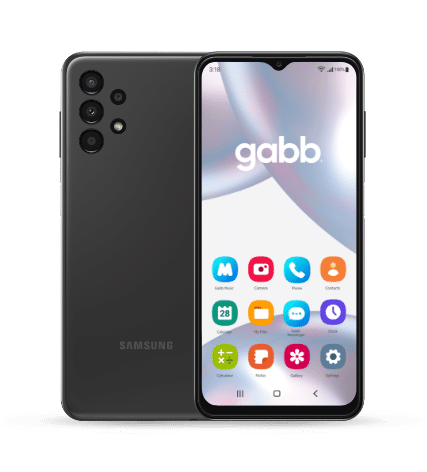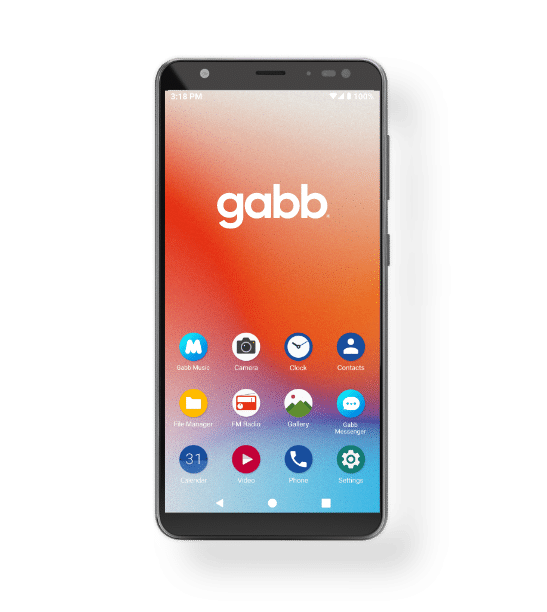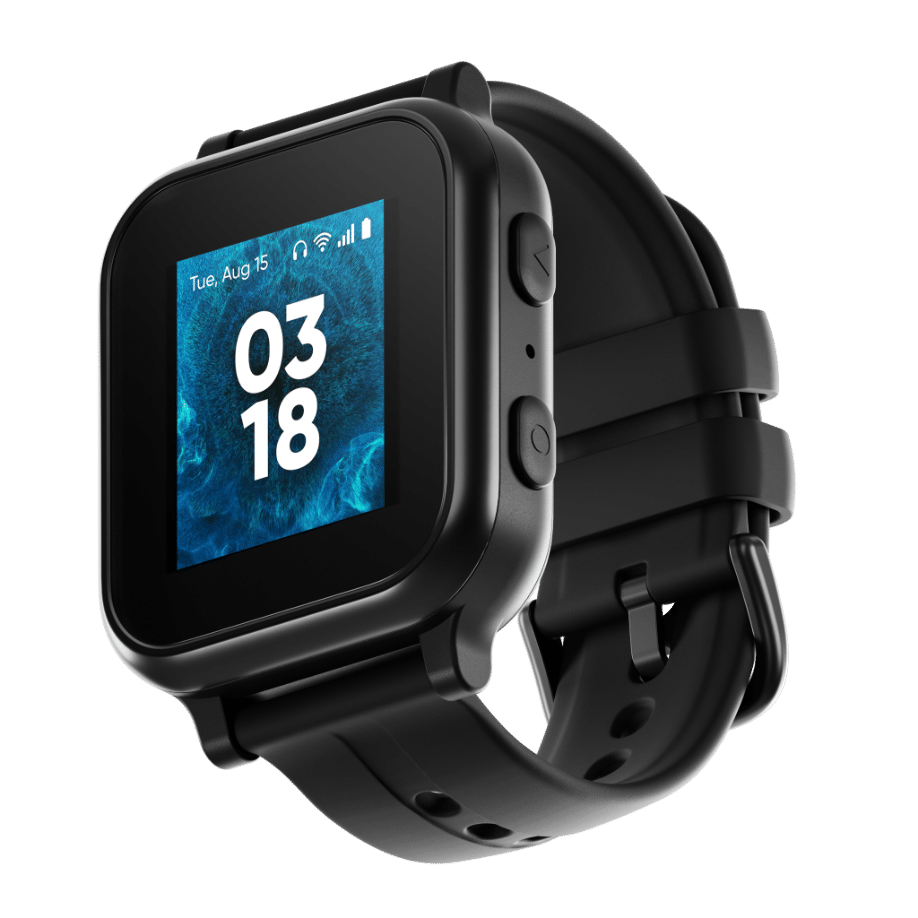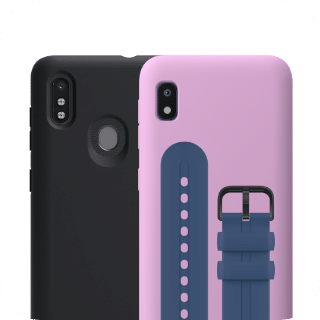Living Intentionally with Your Cell Phone
SEP 18, 2020
Living Intentionally with Your Cell Phone
At Gabb™, we spend a lot of time talking about kids’ phones. There’s nothing wrong with that: It’s what we sell, and we take our product education responsibilities seriously. With that said, we can’t let the trees cause us to lose sight of the forest. We didn’t create Gabb because we’re in love with phones; in fact, we did it for precisely the opposite reason. What the Gabb Phone represents to us is living intentionally. It’s designed not to suck kids into social media or apps, but to encourage them to be deliberate—with their phones, and frankly, their lives.
Living Intentionally Is Everything
To us, a phone is a means, not an end unto itself. That’s why, unlike virtually every other tech product on the market, we designed the Gabb phone so kids don’t spend a lot of time with it.
If you have trouble justifying spending money on a product designed not to be used, ask yourself: What values do you want your son or daughter to hold and what sort of phone habits align with those values?
Do you want your kids to appreciate the importance of building relationships with friends and family? Or would you rather your kids see social hour as something to be escaped through screen time?
It’s not just about sociability, either. By getting your kid a phone, perhaps you want to instill in them the value of leaning on their family for help in emergencies. A phone can teach them that, but it can also create emergencies when used for things like texting and driving.
Intentionality means using a phone to live, not living to use a phone. Because kids’ brains are still developing, they need a device that helps them fight that great thief of opportunity: distraction.
Distraction—The Thief of Opportunity
To be clear, Gabb isn’t on some philosophical crusade. Science suggests there’s a real-world reason to delay the smartphone: Every hour kids spend distracted is one they can’t spend building the sort of life that makes them happy.
A few years ago, a study came out that found that the young people who spend the most time on their phones—an incredible five to seven hours each day—are twice as likely to report being depressed.
Although some speculated that smartphones were causing depression in young people, we suspect the opposite is true: Rather than deal with what’s wrong, many depressed young people use smartphones to escape their challenges.
The trouble is, spending hours per day staring at a screen doesn’t magically make bullies or bad grades disappear. In fact, it worsens the issue. Instead of using that time as an opportunity to solve it—by studying, socializing, or talking to their parents—they do what’s easy: ignore it.
Escapism is a Challenge for Everyone
Escapism is a problem not just for kids, but for all of us. Instead of trying to improve rocky office relationships, we head home at the end of the day and forget about them. Rather than get fit, despite our doctor’s orders, we crack a beer and kick back on the couch.
The difference is, adults are better equipped to understand the consequences of their decisions. Brains don’t stop developing until about age 25, and the last area to be “remodeled” is the prefrontal cortex: the area responsible for complex decision-making.
That’s why, at Gabb, we began by developing a phone for kids. It’s not that we don’t think adults need help avoiding distractions, too; it’s that we had to prioritize our first product. In the future, we want to give adults similar tools.
To us, that’s the bigger picture: We all deserve to have more control over our screen time.
Taking Back Control
Think back to the reason you got a smartphone in the first place: You wanted control over how, when, and where you communicate.
Communication really should be as simple as pulling a phone out of our pocket. If we didn’t believe that, we wouldn’t have built a wireless phone company in the first place. Where we believe most smartphones fall short, however, is that they make it too easy for our communication devices to control us.
That isn’t to say every adult should abandon their smartphone. Part of what makes adulthood meaningful is the freedom to make our own choices, and there’s nothing wrong with spending ten minutes a day on social media to check in on extended family members.
The bottom line is this: Phones, as well as every other product, can be used responsibly or irresponsibly. At Gabb, we don’t think the answer is to take the product away; it’s to help people—and particularly kids—learn to use it in ways that expand, rather than limit, their opportunities. That is living intentionally.












Success!
Your comment has been submitted for review! We will notify you when it has been approved and posted!
Thank you!